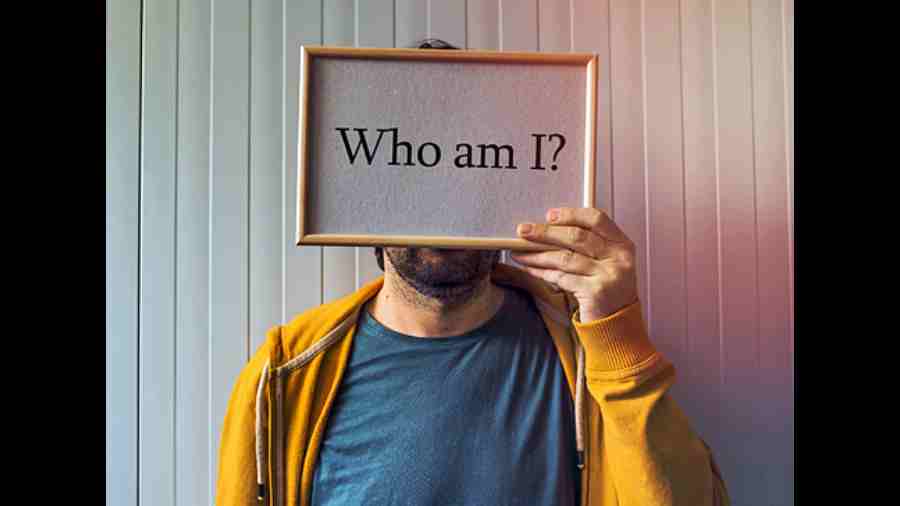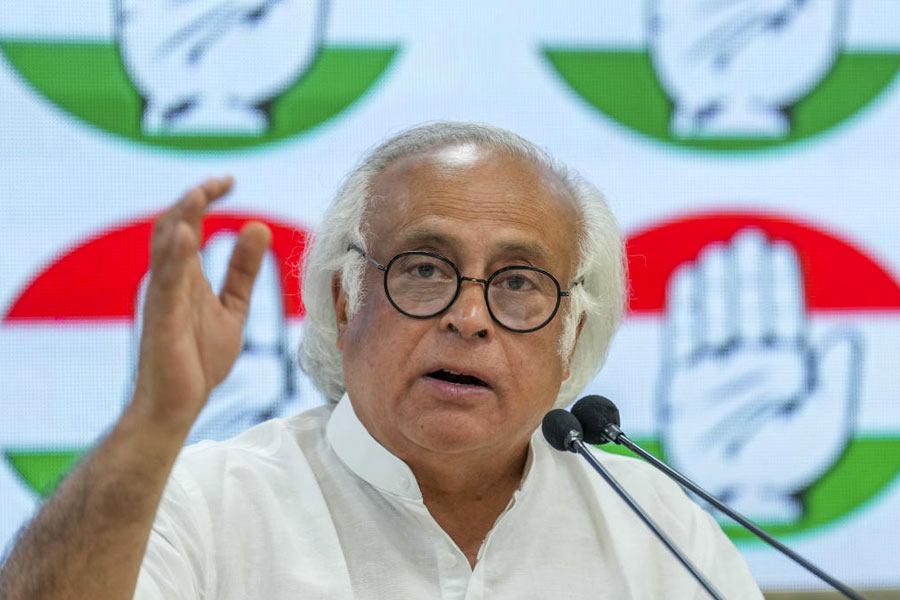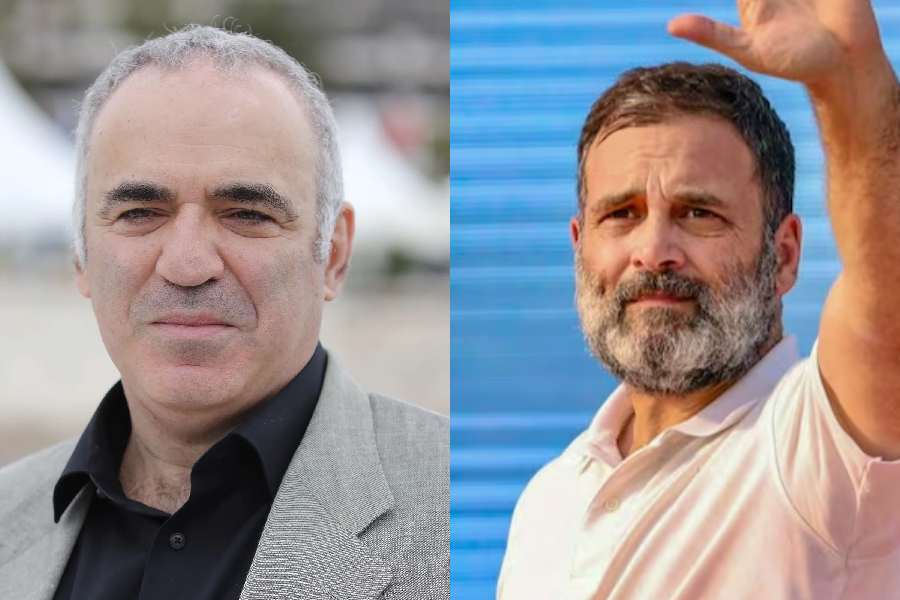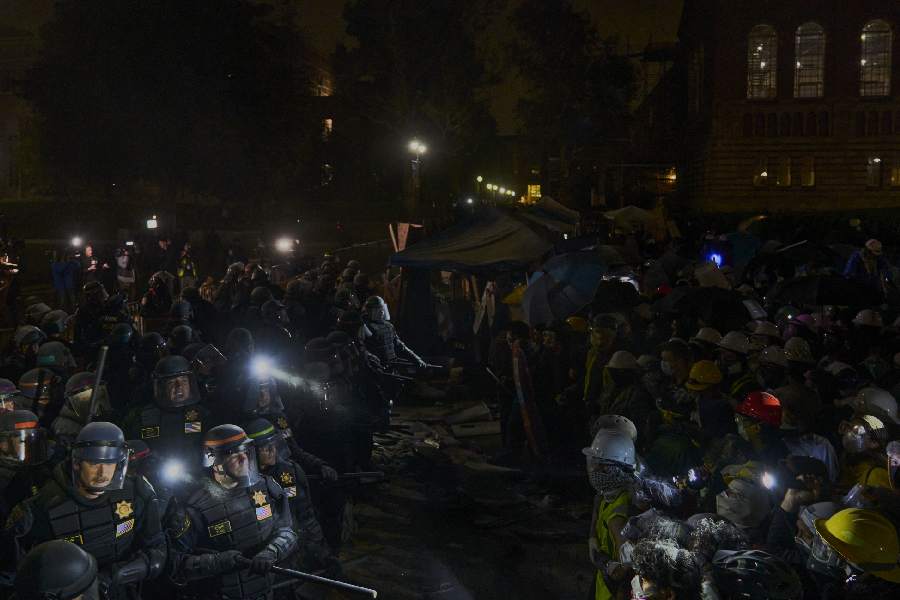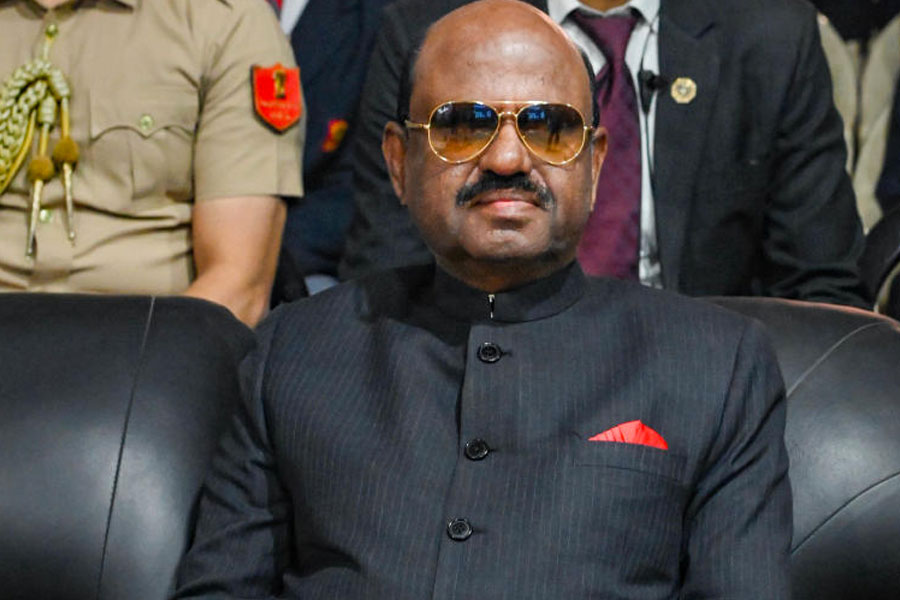‘Who am I?’ is probably the most ancient and profound question that kept sages and philosophers pondering for ages. However, this question also touches ordinary people when they try to make sense of life by relating to fellow human beings and society. While looking for an answer, one may stumble upon the question of identity.
Identity is the fundamental expression of our social existence based on our understanding, however imperfect or incomplete, of self and others. But it is not easy to define identity. The difficulty can be traced to its seemingly contradictory characteristics. Identity is intimately personal; at the same time, it shares ties with the larger collective existence. Identity can be fixed, yet amorphously fluid. It is erroneously conceived as monolithic even though it bears shades of multiplicity. Our inability to negotiate with identity in an agreeable manner has resulted in numerous conflicts. Human history has also been a story that has revolved around identity — it tells how identity is shaped and shattered, valorised and vilified, subjugated and celebrated.
The question of identity assumes greater significance for its relational or reciprocal aspect. Its implication is not confined only to who I think I am; what others think I am becomes equally important. Identity thus turns into an object of assessment for both self and society which, in turn, gives birth to the perennial battle between individual and society.
Identity was, for long, seen to be biologically determined. It worked on the principle of immutability. Hence, it was not easy to break free from the prison of identity. However, in the course of time, it became apparent that identity can be retrieved and redefined. This realisation led to the old order being questioned. Gradually, it also became clear that identity has the potential to challenge and change existing social relations. Soon, identity and its rightful assertion started to inspire movements. The margin started to question the mainstream and the subjective experience of identity groups began to emerge out of the meta-narratives of the majority.
The concept of identity underwent further transformation in the 21st century. One of the contributing factors was the tryst of technological advancement with the biological aspect of identity. Modern technology, with its immense capacity to read and process vast amounts of information, has located identity in our bodily features: fingerprints, irises and even our faces have become bearers of identity. This had a liberating effect as identity based on the primordial ties of race, religion and caste began to weaken. Furthermore, social media bestowed the opportunity to construct identity according to one’s fancy or cloak it in anonymity.
It was expected that the parochial conception of identity would become unsustainable. Yet, the 21st century has witnessed a surprising reassertion of majoritarian identity framed within the vocabulary of nation, race, religion and ethnicity. The reasons are varied. Some blame populist demagogues; others accuse neo-liberalism for triggering unequal competition; conservatives see it as a reaction to the onslaught of globalisation; those on the ideological-right explain it as a backlash against the overzealous defence of minority rights. However, all these explanations acknowledge that identity is redrawn according to changes in society.
It would be futile to attempt to straitjacket identity into a single framework. One individual carries multiple identities at the same time. To over emphasise one at the cost of all others will severely imperil individual freedom and social stability. So far as identity politics is concerned, there is nothing wrong in it as long as it does not take away the equal standing of others in society. Identity can be violently divisive and healingly integrative. It depends on us which one we opt for.
Nirupam Hazra is Assistant Professor, Department of Social Work, Bankura University

